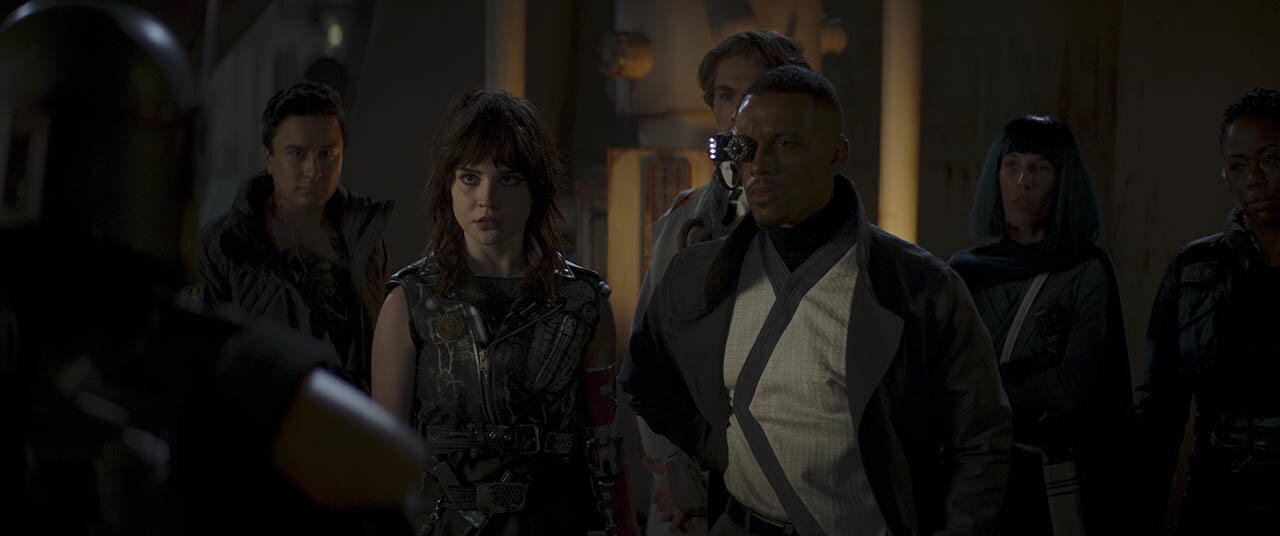Well, I don’t think it’s that simple, either.
I think if we’re talking about the quality of the streaming shows - the oversaturation of them, the budgetary constraints - we can point to the top-down direction (from Disney) to pump out shows for their streaming service. Creative direction in the micro is a different conversation (but not entirely unrelated), and I think broad pop culture punditry just hasn’t been good about parsing out what’s relevant to what they want to talk about when. People have been conflating a bunch of things to one catch-all pattern of their choice, whether it’s an imagined incompetence, a perceived political agenda, or disagreement with an assumed creative direction.
It leads to wonderful insights like “they should just focus on making Good™ things!”
But there is information that can lead these conversations in a more productive place. I think we should be able to look at how the Andor we know gets made, for example (THR) :

The subtext here is that the “streaming economics” were Bob Chapek’s (and the entire industry’s, really) irresponsible, inflated spending on a streaming gold rush, greenlighting as much as realistically possible in this period. That timing is really what ensures Tony Gilroy’s involvement in Andor. With that extra cash being thrown around, LFL is able to secure him and the money that makes his manifesto possible - the big budget, the 12 episode seasons, etc. Otherwise, Andor remains in development hell, maybe one of the earlier versions with another creative team is made instead.
That bad business practice is literally what made a great show, this stuff isn’t as algorithmic as it’s made out to be. The Acolyte and Filoni/Fav’s pet projects like Ahsoka and BOBF are borne from the same context. They just didn’t leverage in a similar way. Or were less successful. Maybe they were in some way, and it didn’t pay off! This is all aside from each team’s own creative strengths and weaknesses too.
These are different teams handling circumstances and pressures that, yes, Disney puts them all under. How each one worked inside of that creates their own dialectical discussions worth having. Was there too much supervision or not enough? There isn’t a shadow council really mandating what they should be doing, it’s still just people developing their own pitches through financial stress tests, maybe some arbitrary corporate preferences - a hunger games of ideas vs ideas until they are produced.
But the problem when there is one, is always Disney, on some level. It does reflect back on them, what they are doing, the initial choices that puts things in motion, how they did or didn’t help. There’s no point in defending them IMO. That doesn’t mean it’s a monolithic animus with its own agenda or ideas. And that animus certainly isn’t one Kathleen Kennedy.
In truth, even when it’s bad, Star Wars isn’t special. Every one of the million little reasons it’s stumbled in the past few years has manifested in ways throughout the entire industry. We can only hope we’re almost through the worst of it, on a delay.



